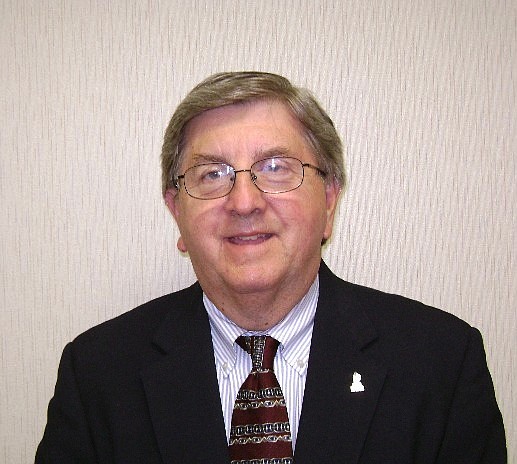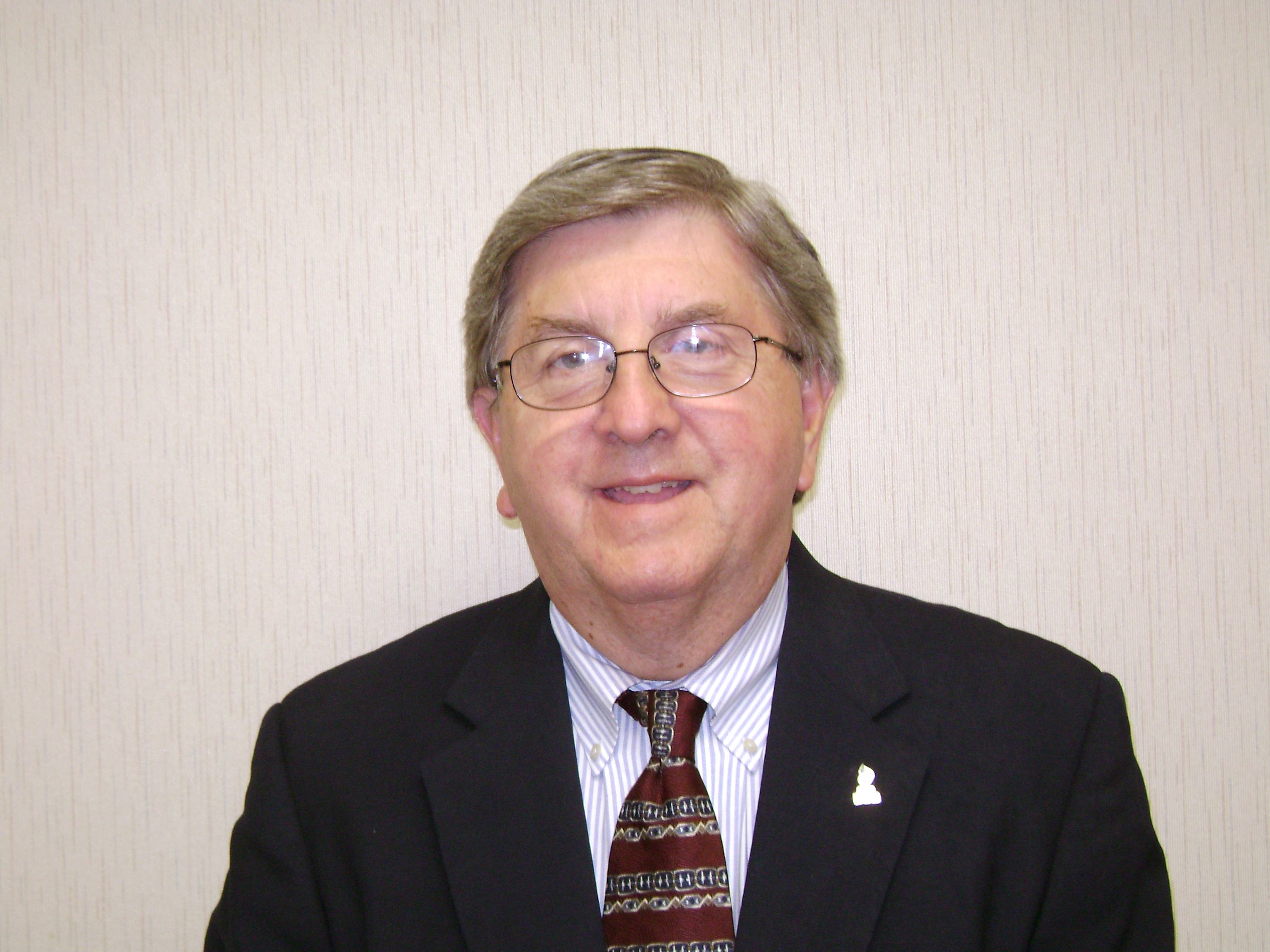Q. How safe are Wi-Fi Connections?
A. When you are at your favorite coffee shop waiting for your drink to cool, the first thing you might do is open up your laptop and search for a Wi-Fi connection.
Though it is a convenience, Better Business Bureau serving Southeast Tennessee and Northwest Georgia (BBB) seeks to remind the public about the potential dangers of using public Wi-Fi networks.
Many businesses, particularly coffee shops, campus hangouts and even some retailers, have found that offering their patrons free Wi-Fi brings in more business and keeps customers coming back. However, it's important for consumers to keep in mind that hackers sometimes target public Wi-Fi users to steal their personal information.
To avoid being hacked while using a public Wi-Fi connection, BBB recommends the following tips:
• Verify the network before use. To verify a Wi-Fi network, simply ask an employee at the coffee shop what network they provide for customers. Also, is it password-protected?
• Use common sense when you connect. If you are signed in through an unsecured or unprotected network, be cautious about the sites you visit and the information you share.
• Invest in your own personal hotspot. If you have a smartphone, you may also have a hotspot: a device that offers Internet access over a wireless local area network. All you have to do is contact your provider and set up a plan. Keep in mind, though, that while your own personal hotspot is convenient, it is important to properly set up your security settings.
• Cover up your keyboard when typing in usernames or passwords, as some hackers obtain information simply by glancing over your shoulder.
• If you find a USB thumb drive on a coffee table, do not use it. Some hackers leave USB thumb drives out in the open because they want you to use them. Once a compromised thumb drive is in your laptop, your personal information can be accessed.
Keep in mind that a computer should always have the most recent updates installed for spam filters, anti-virus and anti-spyware software and a secure firewall.
In addition to the coffee shop crowd, hackers also target business travelers that spend much of their time in airports and hotels. Such travelers are often busy answering emails, returning phone calls and planning for their next meeting.
When arriving at their hotel after a long day, they might check their email one last time before getting some rest. At such a time, though it may be tempting to simply shut the laptop and nod off, keep in mind that just because a computer is 'closed,' that doesn't mean your information is safe. Always be sure to log out of your online accounts and close out all programs when you are done using your laptop.
Business travelers and all public Wi-Fi users should also consider the following tips when accessing the Internet on the go:
• Watch out for fake networks. In order to avoid fake networks, ask an employee at the airport or hotel to verify the Wi-Fi network they provide for customers.
• Avoid certain websites, such as social networking or shopping sites, or any website that requires you to use a debit or credit card.
• Keep in mind that banking online via a public Wi-Fi connection carries inherent risks. If you must access your bank information online and in a public place, be sure to check your statement frequently to verify that your account has not been compromised. Change your Wi-Fi settings so your computer does not automatically connect to networks. Keep Wi-Fi off when you are not using it.
• Change usernames and passwords frequently as possible. Make your passwords complex so hackers cannot easily break into your computer.
Despite the dangers that hackers pose, you can certainly do things to reduce your risk of problems when taking advantage of a public Wi-Fi connection.
For the latest fraud alerts, marketplace news and free BBB Business Reviews, visit www.bbb.org.
Jim Winsett is president of the Better Business Bureau of Chattanooga.

